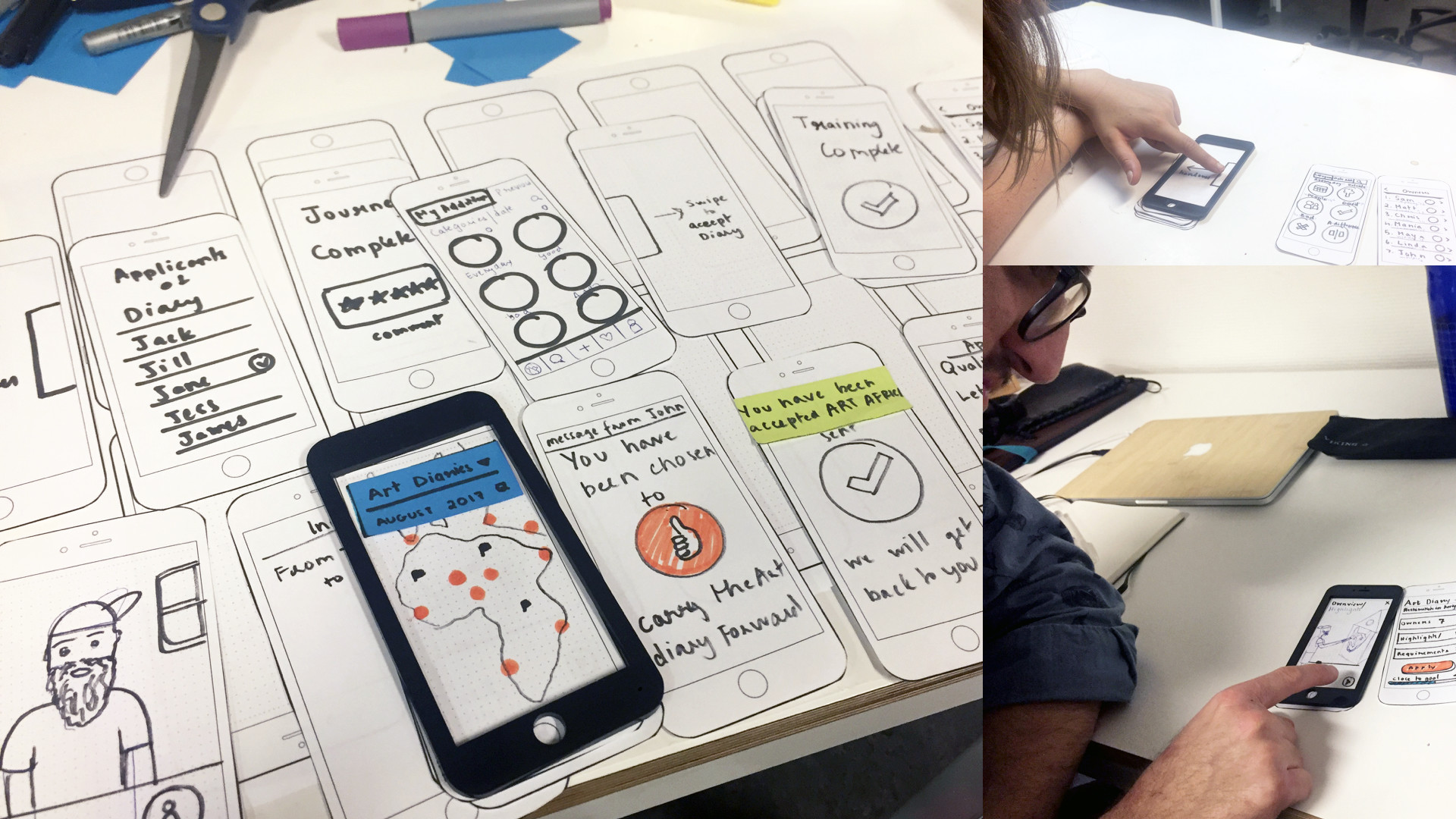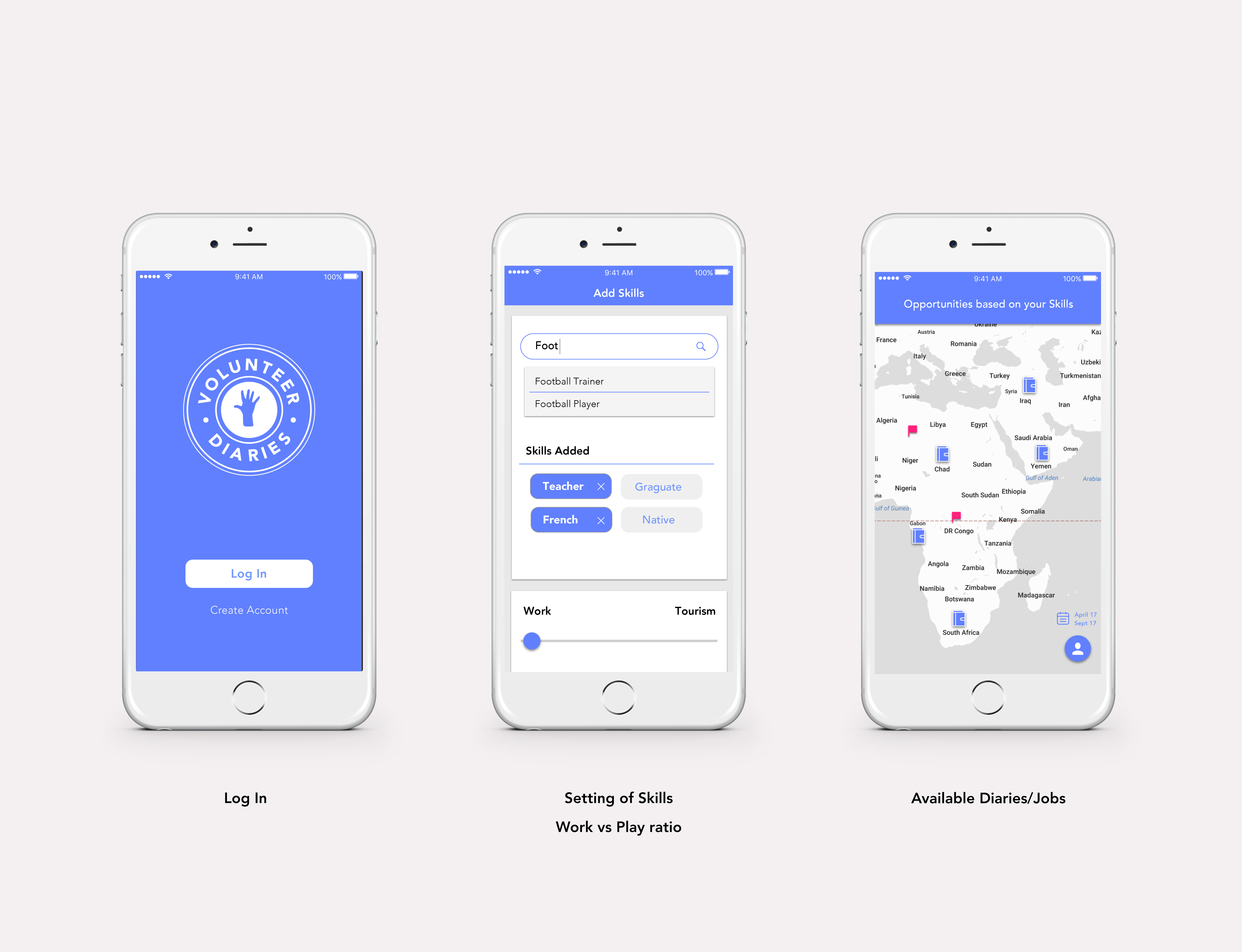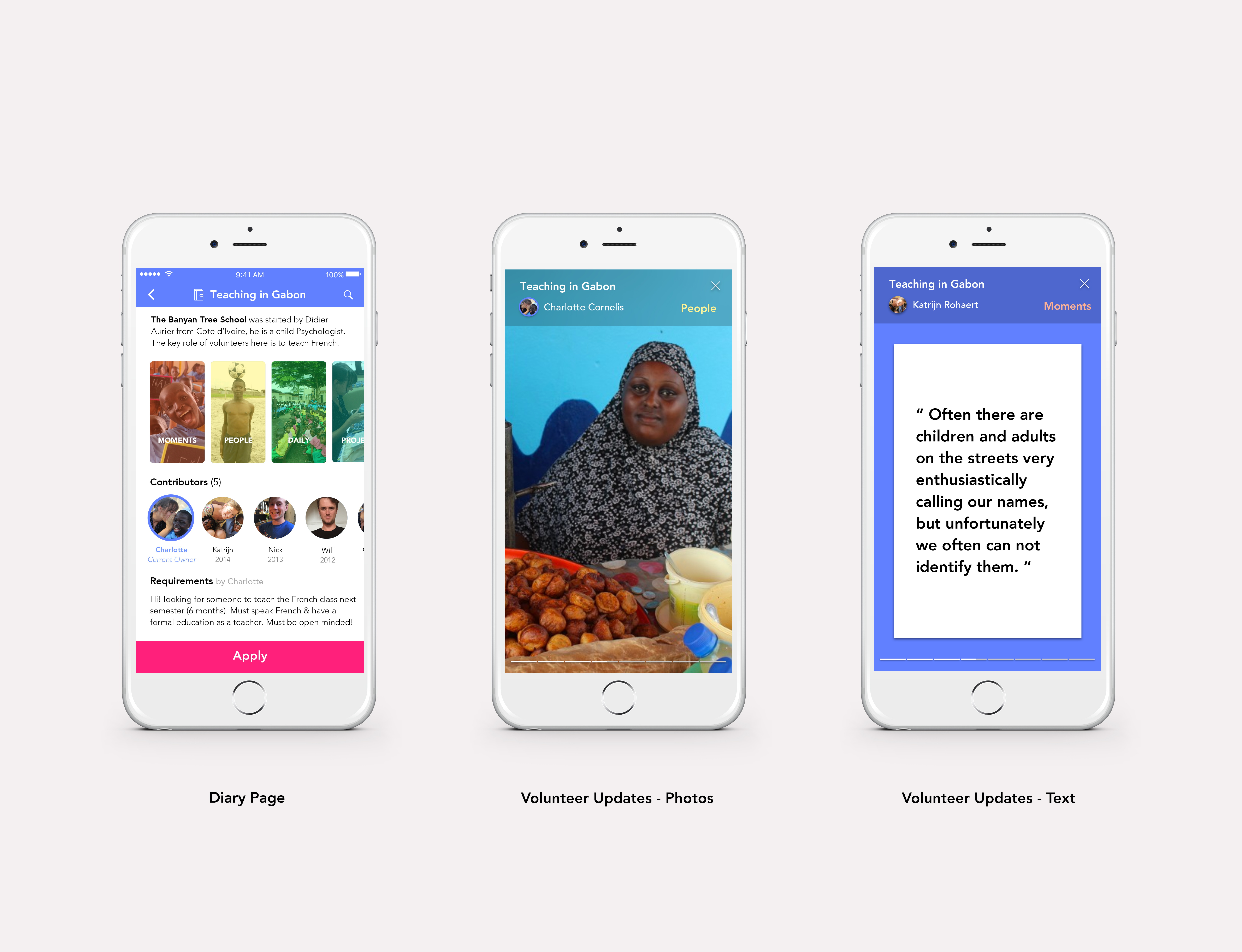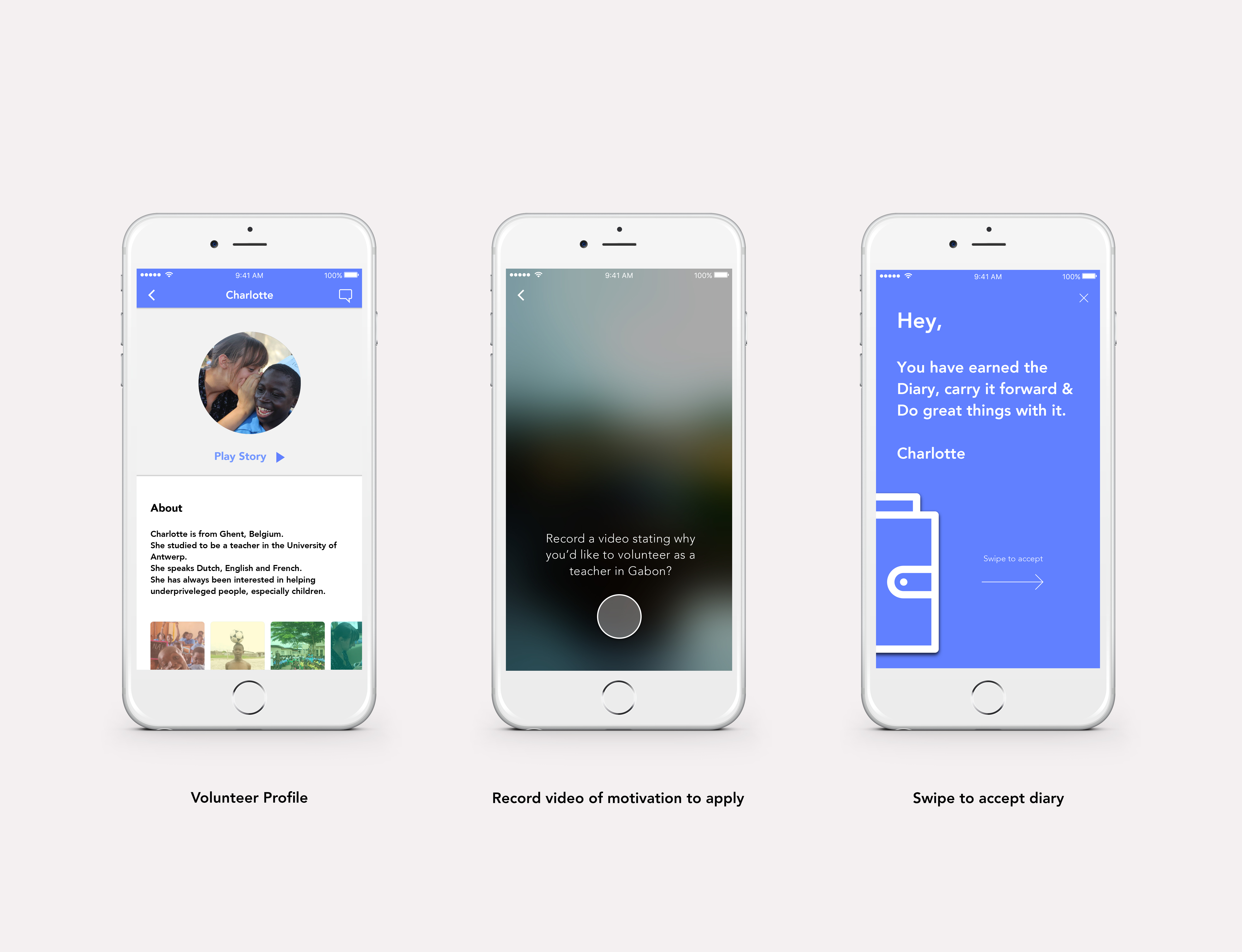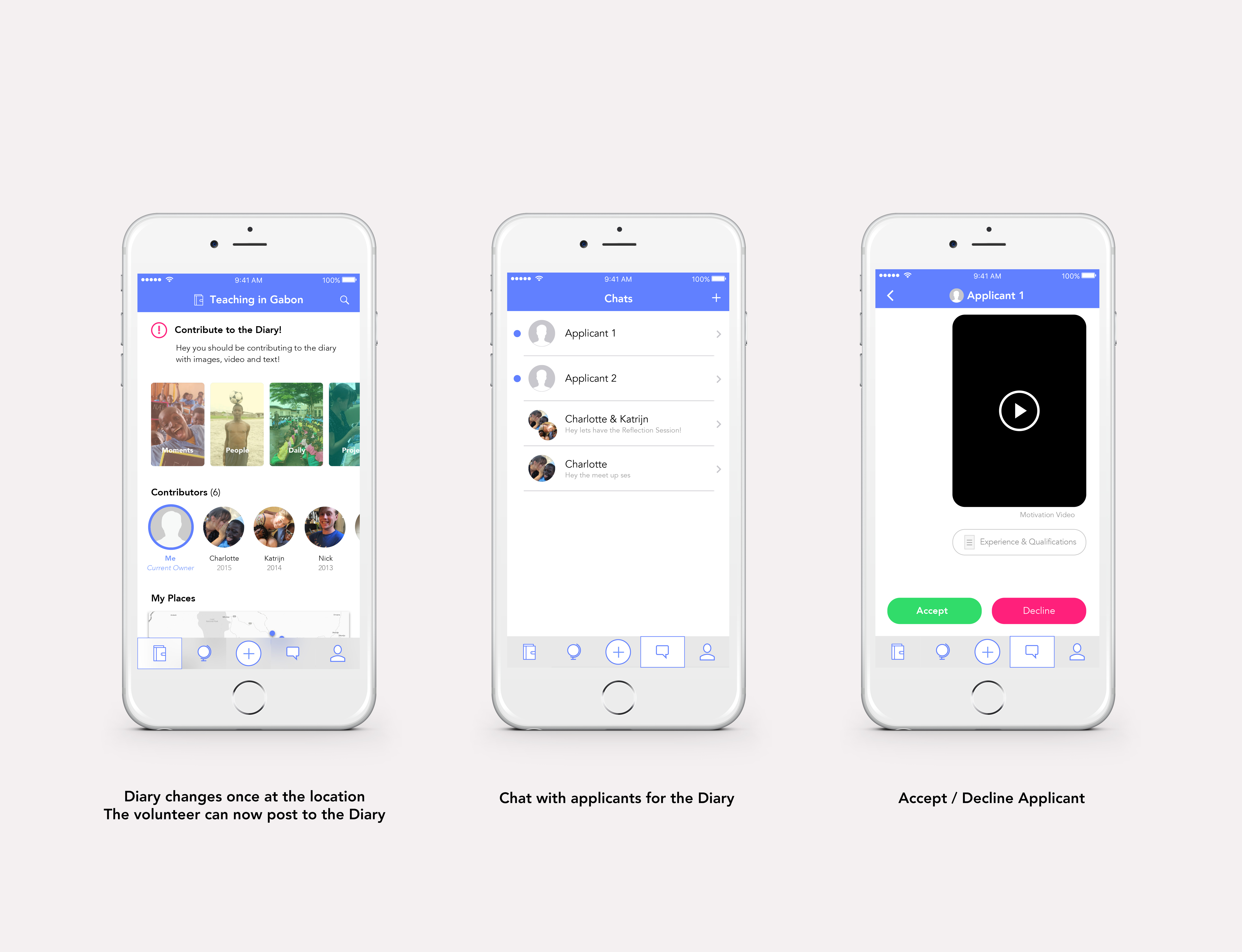ACADEMIC
Final project
CIID

Final project
CIID
8 Weeks
September 2016
Unlike most other projects at CIID, this one was individual. All the work here I did independently, including video production. I held the brainstorming workshop inviting other class mates.

The Volunteer tourism industry is now worth $173 Billion, due to the recent increase in demand for volunteer jobs. To capitalise on this, plenty of redundant jobs are posted online. For instance – volunteers are asked to build a wall for children’s homes, these walls are broken down once the volunteers have left the destination so that the next set of volunteers can rebuild it. This occurs over and over again leading to a false increase in the number of jobs available.
There are also some serious negative consequences. In countries such as Nepal, Myanmar and Cambodia 80% of children in orphanages have 1 or more living parent. They are taken from their homes to serve the demand for ‘voluntourism’.
The issue arises when Volunteers are unaware of the place they will be volunteering at. This is also the reason for volunteers feeling like they haven’t made a difference at their job. Volunteering abroad is not always bad. It can be beneficial to all those involved, if done right.

Volunteer Diaries helps want to be volunteers understand their future volunteering role. This can be done with the assistance of people who understand it best – Former volunteers.
Each volunteering job is posted as a digital ‘Diary’. The to be volunteers are chosen based on their skill sets and interests. Once at the organization the volunteer posts images, videos and text of their experience on the diary. Want to be volunteers can follow the diary and apply for one that interests them. Once the current volunteer returns from the organization he can choose the ideal candidate to carry his diary forward and hand it over. In case the organization is an unethical one he can flag it and help create awareness. This process continues, helping create transparency in the volunteering experience.
The project started with desk research and conducting in depth interviews with over 15 people, including current volunteers, to be volunteers and volunteer recruiters. In addition to this I also conducted some guerrilla research in spaces like hostels and schools.
Some research tools such as card sorting were used. I also volunteered myself during this time to understand the volunteering situation better.
I began my interviews with asking former volunteers to design their own postcard and send it to someone they met while volunteering. This was a fun way to spark a conversation and understand what they cared about.
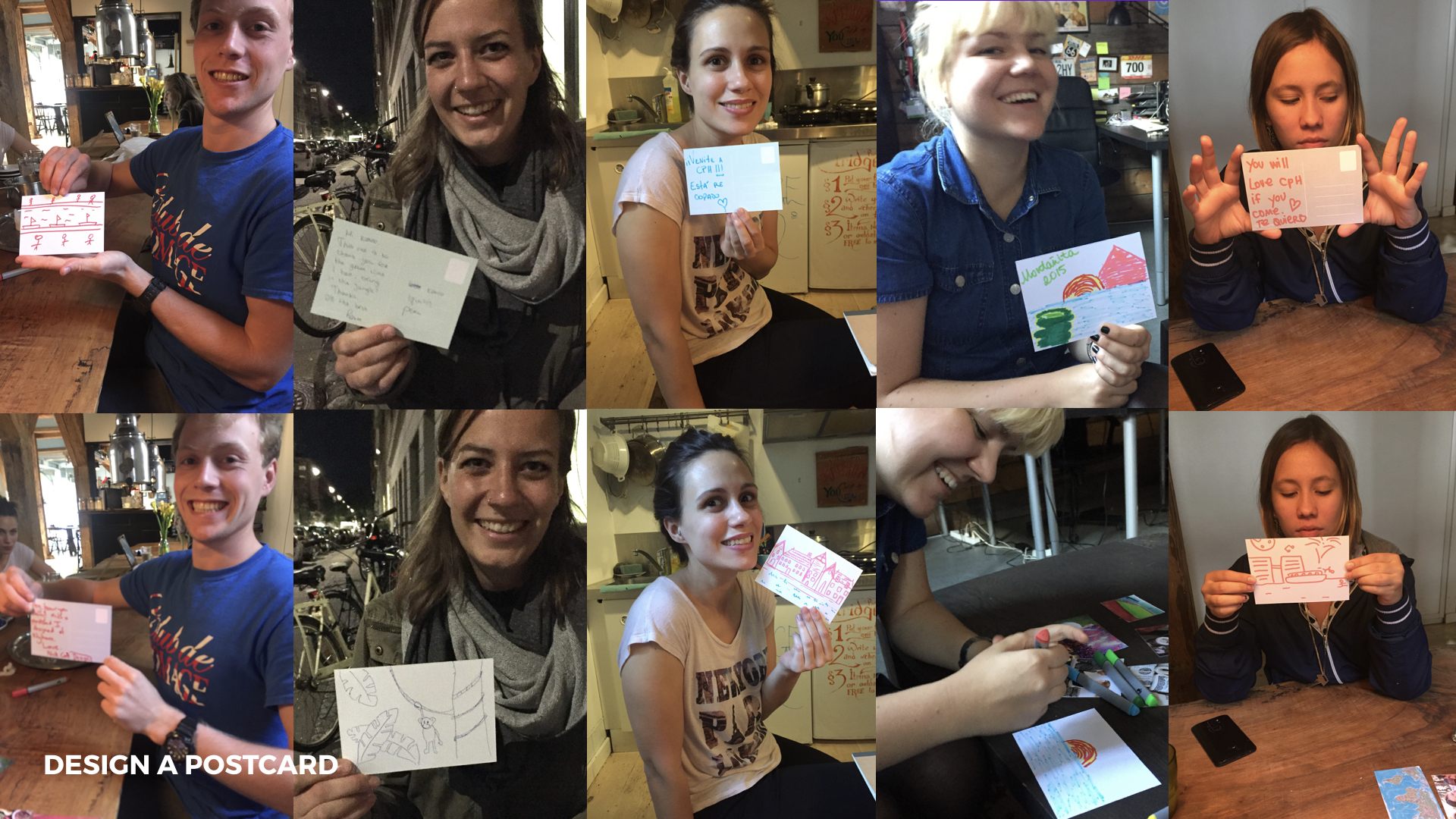
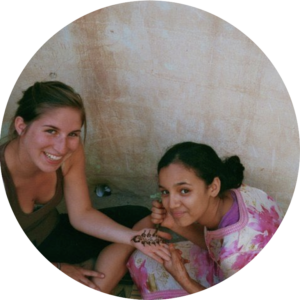
Belgium
Nepal
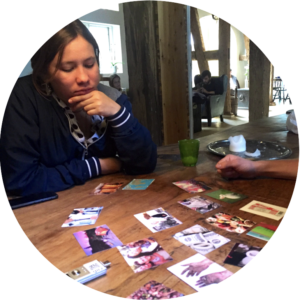
Colombia
Denmark
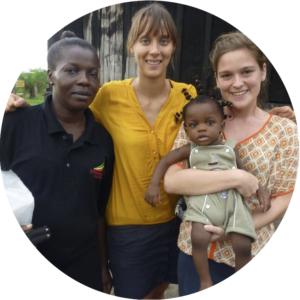
Belgium
Gabon
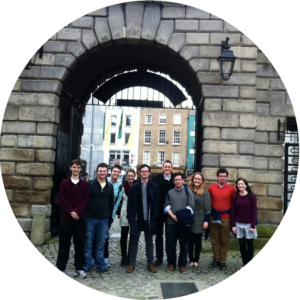
Ireland
Germany
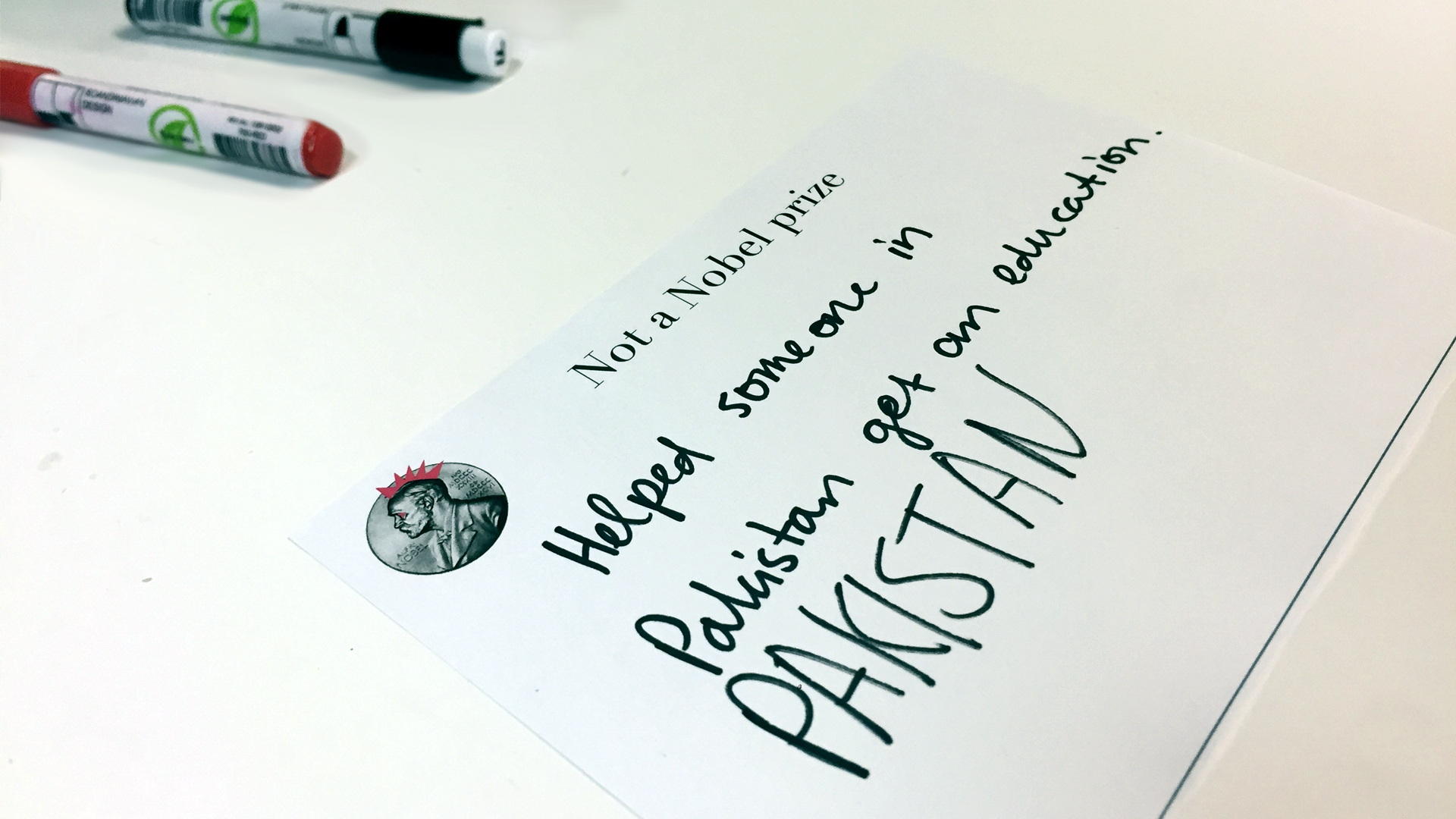
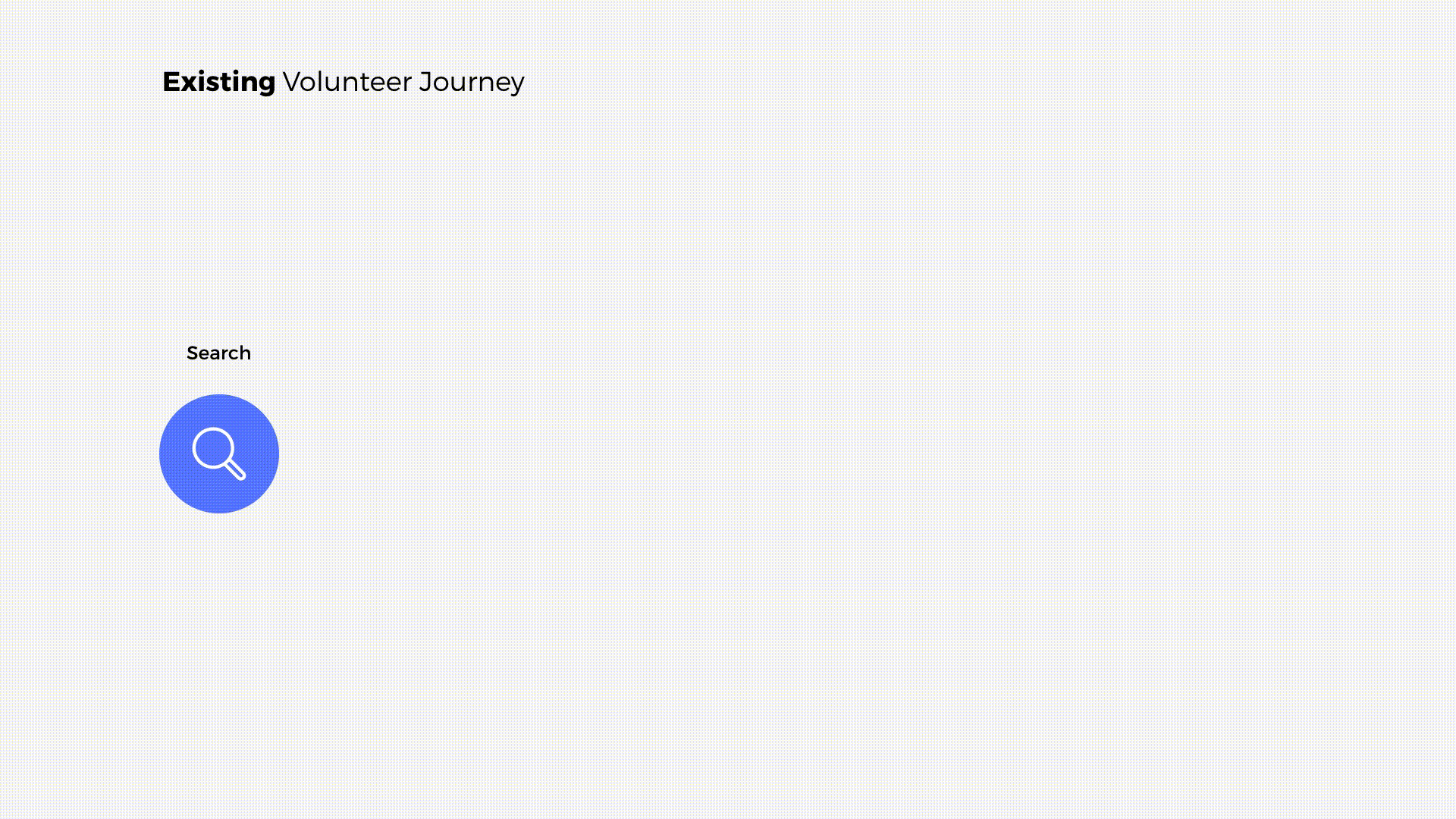
Service flow – mapping out key elements of the service
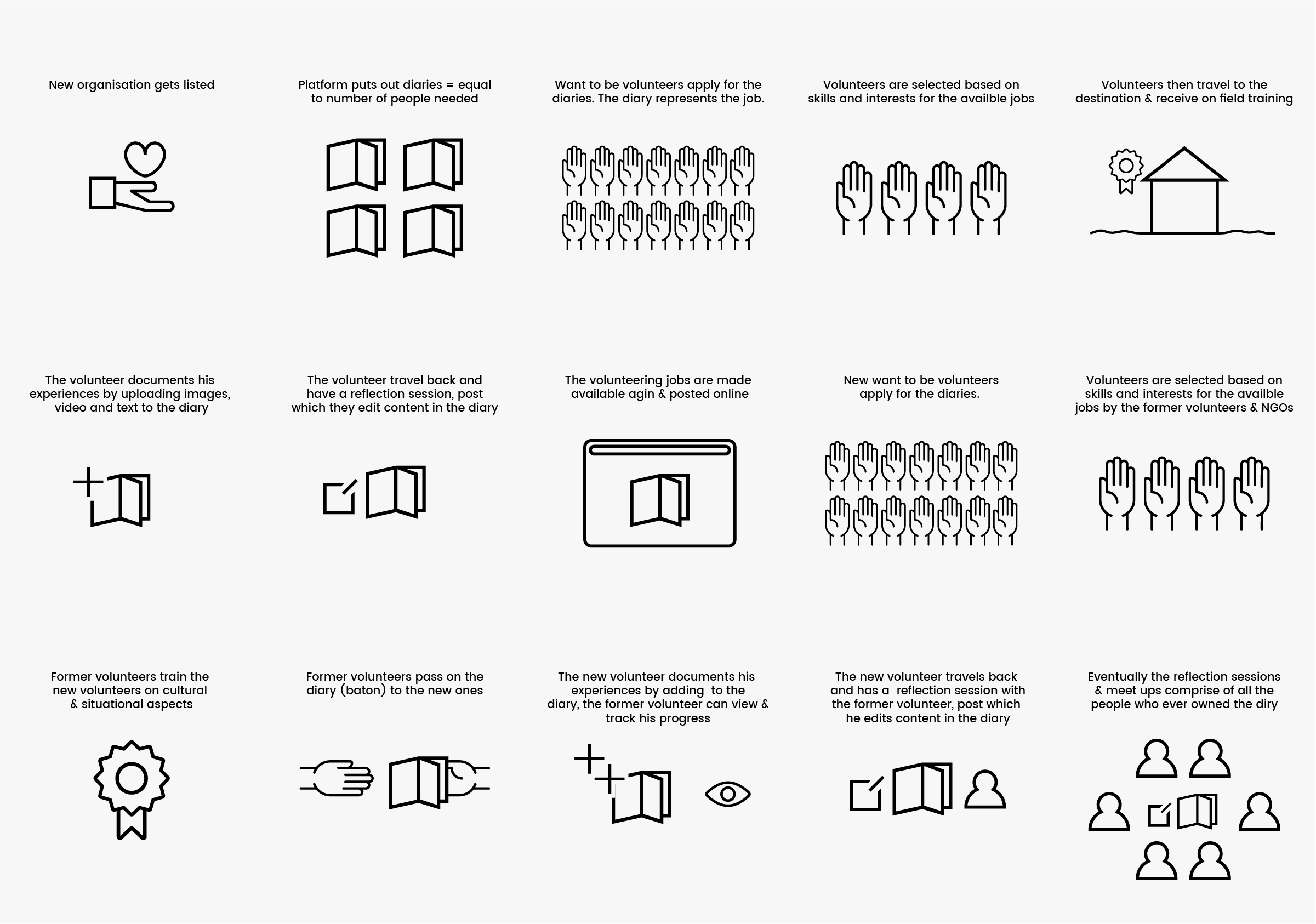
Service blueprint – an indication of all stake holders involved in the service and their roles.
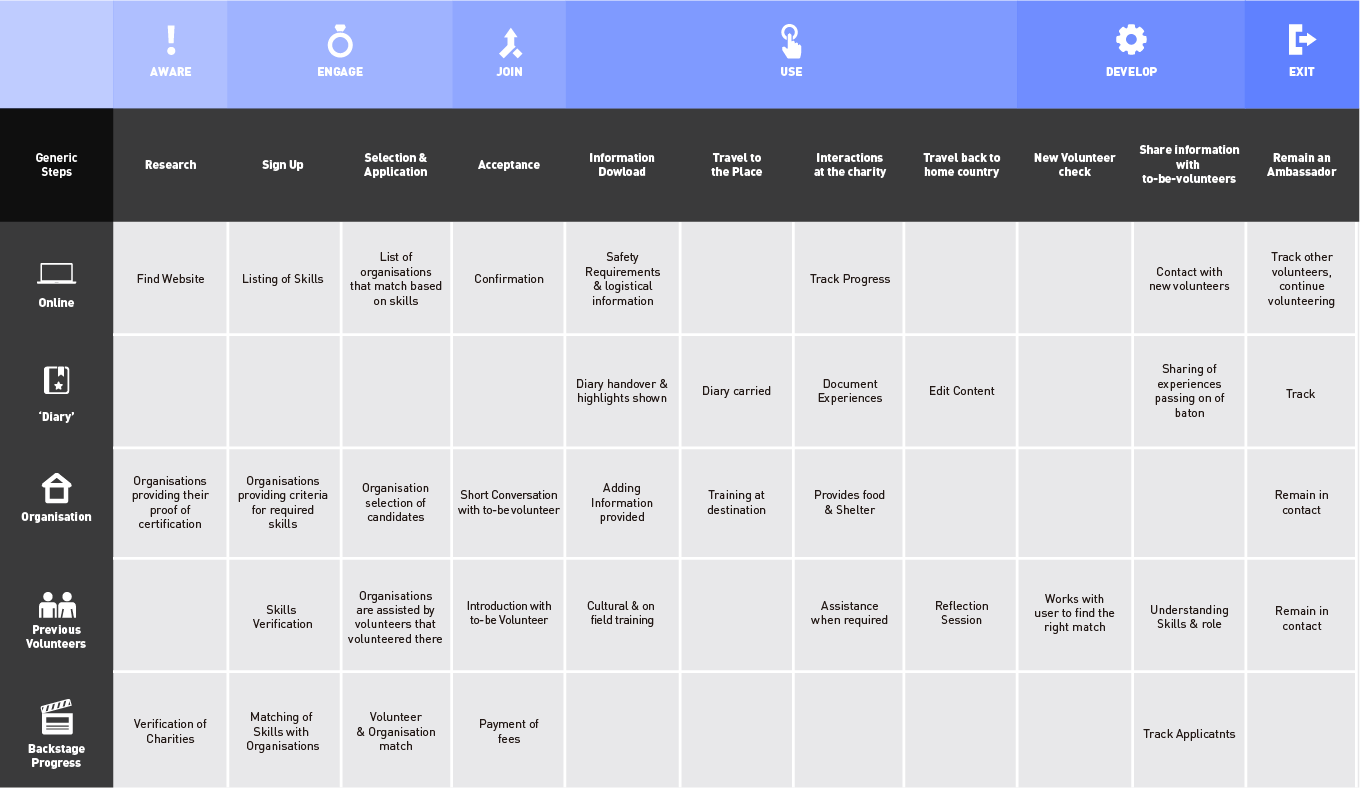
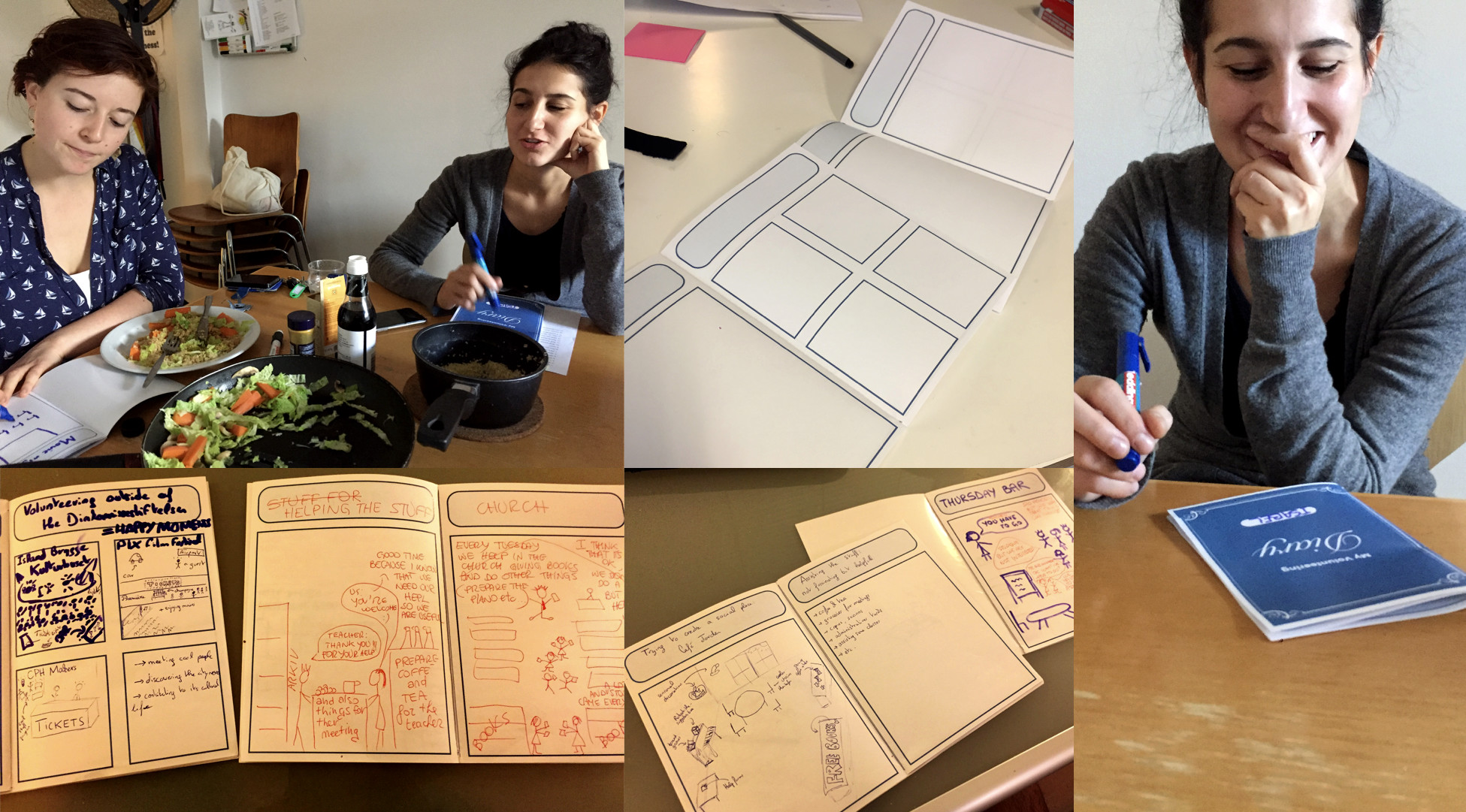
Paper Prototypes were created in order to develop the workflow and user experience of the app.
